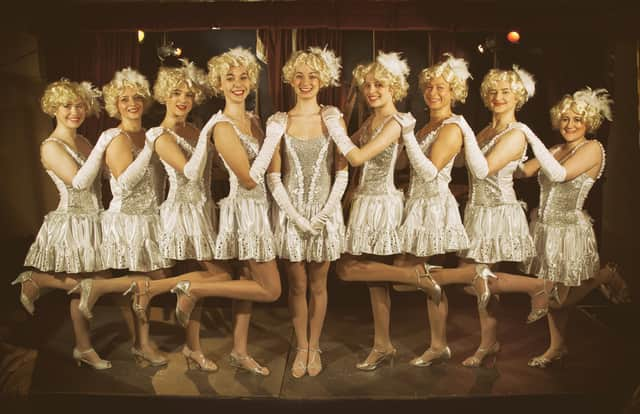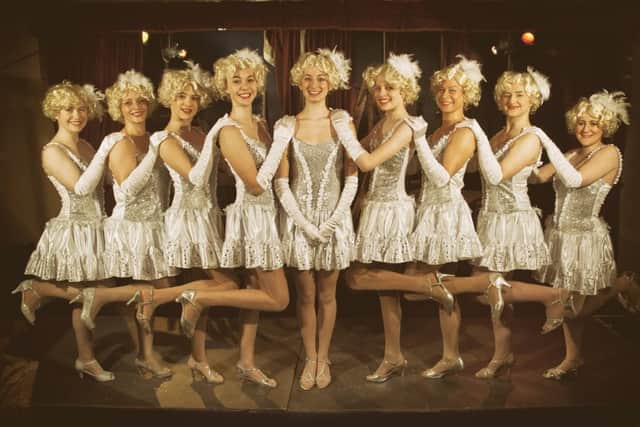How amateur theatre reaches places others cannot


Amateur theatre may be unfairly disparaged by some of the snootier elements of society - but it plays a big role in Britain’s cultural life.
A major academic study published in 2016 found that there are more than 2,300 affiliated adult drama and musical theatre companies in England and more than 3,000 smaller-scale youth and affiliated societies. Together, they stage more than 10,000 productions a year.
Advertisement
Hide AdAdvertisement
Hide AdThe report, called Reflecting on Amateur Theatre Research and compiled by experts from the University of Warwick, the University of Exeter and Royal Holloway University, emphasises how the artform contributes to society in ways that professional theatre often cannot.


It states: “Participating in making amateur theatre is not about watching pre-packaged commercial entertainment.
“Rather than celebrities or professionalized actors who are distanced from the audience by the frame of television, members of a community step out of their everyday roles and take to the stage.”
This affects how the work is viewed, according to the report’s authors.
Advertisement
Hide AdAdvertisement
Hide AdThe state: “Amateur theatre encourages a different kind of audience engagement - in empathetic yet critical mode - rather than the quiet admiration demanded by much professional theatre.”
And far from being staid and conservative, amateur theatre can be remarkably boundary-breaking, according to the report, showcasing talent that is often overlooked elsewhere.
It states: “There has been a long practice of woman-centred playwriting - publishing for all-women casts and one-act plays by and for women - in the amateur movement, and non-exploitative roles are sought out more regularly than in the popular culture of film and television.
“Amateur theatre stages a diverse range of ordinary and working-class characters in play choice and creation. Similarly, older performers feature far more regularly on amateur stages ,frequently playing roles written for younger characters and reminding us that there are alternative modes of performance beyond the relentless hyper-realism of television. The range of older performers on the amateur stage more closely represents the country’s demographic than does popular culture.
Advertisement
Hide AdAdvertisement
Hide Ad“Perhaps surprisingly, it is amateur venues that stage new writing in areas that are not reached by play premieres in metropolitan centres.”
And the productions can often reflect their locality in a way that other forms of theatre never could.The report states: “There is a vibrant practice of new writing from amateurs themselves. Writing for live performance is encouraged at a variety of scales.
“The many groups that stage an annual pantomime frequently write their own, and all adapt and customise scripts to celebrate a communal understanding of their localities for audiences.
“In this dynamic way, amateur theatre companies contribute to creating vibrant localities, and enhance the unique qualities of the places where they live for audiences.”
Visit amateurdramaresearch.com for more details about the report and the long-term project from which it emerged.
* This article is part of
, JPIMedia's campaign to support live arts venues